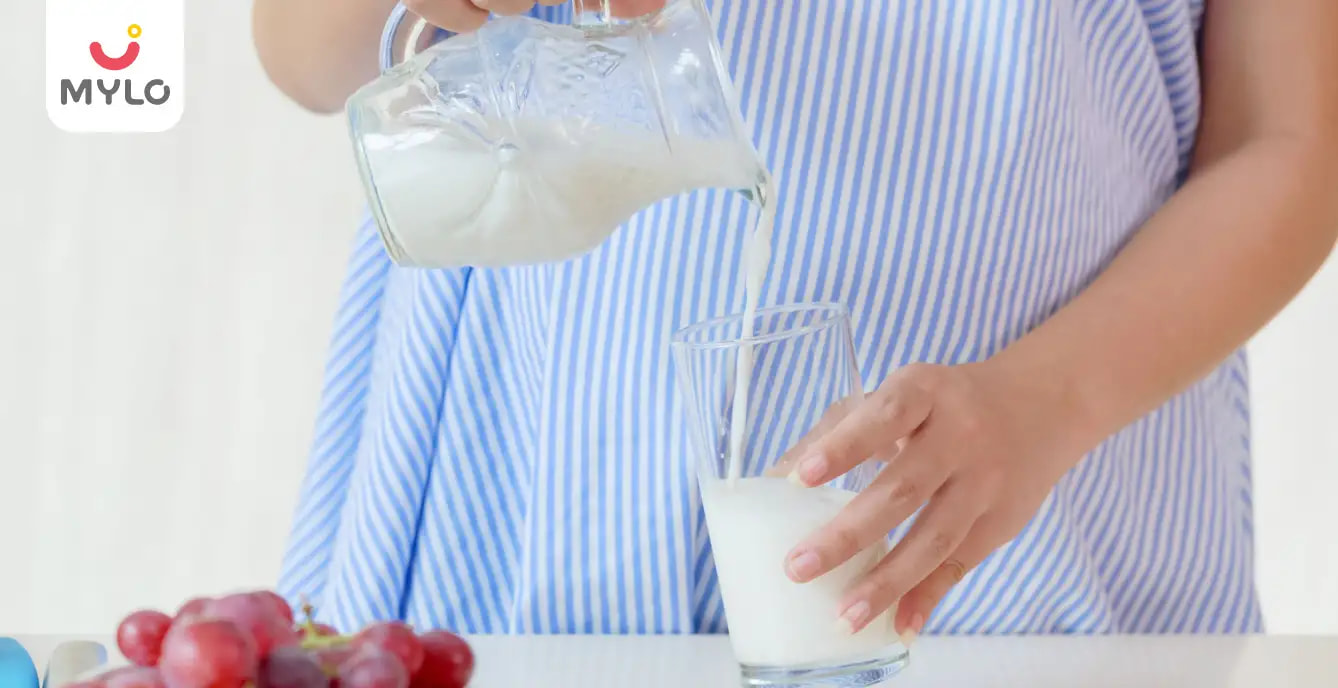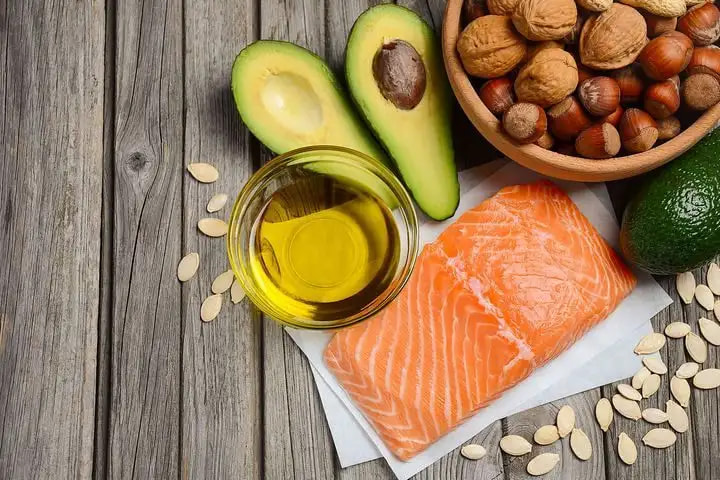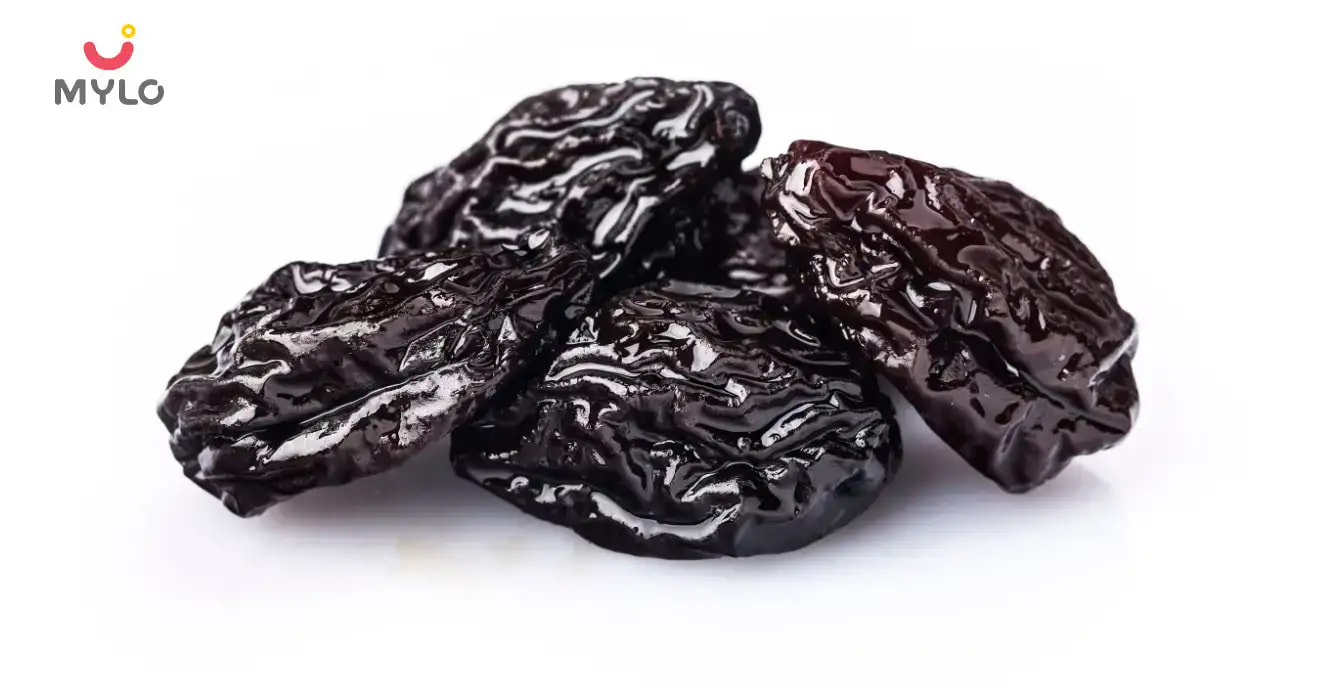Home

Vitamins & Supplements

Why is Calcium So Important For You & Your Baby During Pregnancy?
In this Article
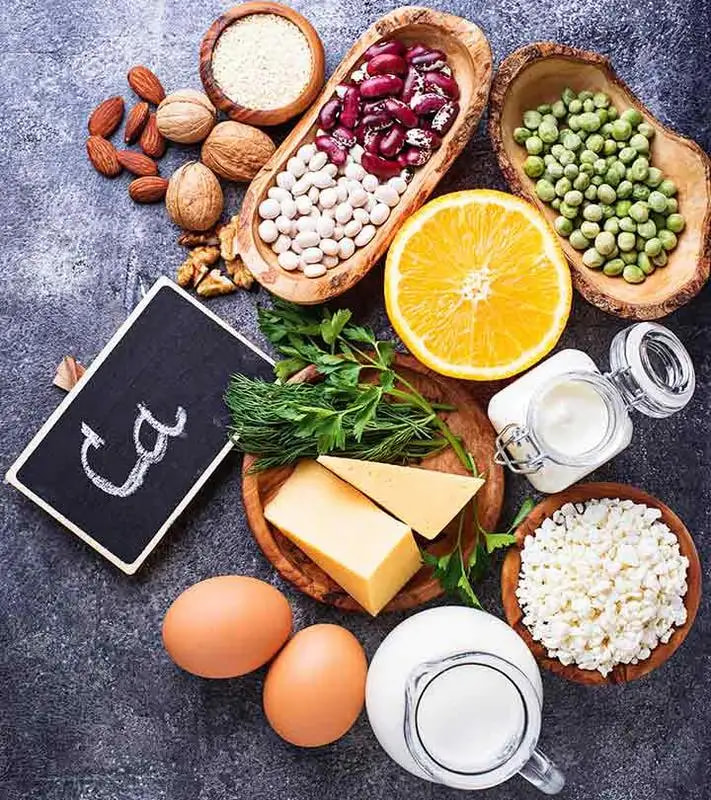
Vitamins & Supplements
Why is Calcium So Important For You & Your Baby During Pregnancy?
Updated on 16 March 2023



Medically Reviewed by
Dt. Mansi Goyal
Specializes in Critical Gestational Diabetes, PCOS Patients - BSC| MSC (Home Science, Food & Nutrition)
View Profile

A woman's dietary requirement for different nutrients increases during pregnancy. Calcium is among the most important nutrients you require during pregnancy as it aids to help develop the baby’s vital structure. Taking the right amount of calcium during pregnancy is essential and it is important to make sure you are having enough.
In this article, we will discuss how much calcium you need during pregnancy, the benefits of calcium during pregnancy, sources of calcium and complications that may arise due to calcium deficiency during pregnancy.
Importance of Calcium During Pregnancy
During pregnancy, the need for calcium for your health and your baby’s health increases. Getting adequate calcium during pregnancy is important because of the following reasons:
1. Supports foetal development
In your baby’s case, calcium is required for the formation of bones and teeth and it also plays a significant role in the development of the heart, muscles, and nerves.
2. Lowers risk of osteoporosis
A mother-to-be needs enough calcium during pregnancy to support her baby's growth and development. Not getting enough calcium during pregnancy can increase your risk of osteoporosis, a condition that makes your bones brittle.
3. Prevents pregnancy complications
Additionally, getting adequate calcium during pregnancy can help prevent conditions like pre-eclampsia, premature birth and neonatal mortality.
How Much Calcium Do You Need During Pregnancy?
A mother-to-be needs around 1,300 mg of calcium during pregnancy. According to the national guideline, the daily recommended dietary allowance for calcium during pregnancy is 1200 mg per day. So, if you are not taking enough calcium during pregnancy, it can result in weak bones and there are chances of developing osteoporosis. Additionally, it can increase your risk of pregnancy complications.
Healthy Sources of Calcium During Pregnancy?
You can get calcium during pregnancy from these food sources:
- Milk
- Cheese
- Yogurt
- Kale
- Broccoli
- Soybeans
- Baked beans
- Almonds
- Leafy greens
- Sesame seeds
- Raisings
- Tofu
- Soya milk
- Rice milk
- Foxnuts
- Sardines
- Chia Seeds
What Complications Can Arise Due to Low Calcium During Pregnancy?
Not consuming enough calcium during pregnancy can lead to the following complications:
- High blood pressure
- Premature birth
- Low weight at birth
- Numbness and tingling in fingers
- Slower growth of baby
- Heart problems
- Cramps
- Poor appetite
- Increased risk of fracture
What Complications Can Arise Due to Excessive Calcium During Pregnancy?
Ingesting too much calcium during pregnancy can result in the following complications:
- Kidney stones
- Dysrhythmia
- Trouble in the absorption of other minerals
- Constipation
Why Do You Need Both Vitamin D and Calcium During Pregnancy?
Vitamin D is essential to help your body absorb calcium. This vitamin along with calcium work together to promote strong and healthy bones. Along with calcium supplements, vitamin D supplements can be taken as we don’t get the required amount of vitamin D from sunlight and food. Besides this, many calcium-rich foods are also enriched and fortified with vitamin D and can be included in your diet. In addition to a healthy diet, you can take calcium supplements which your doctor recommends, to fill in any gaps.
Final Thoughts
A well-balanced and nutritious diet along with prenatal vitamins and supplements will generally meet all your calcium needs during pregnancy. But if you think you are deficient in calcium during pregnancy, especially if you're unable to eat dairy products, it's best to discuss supplementation with your doctor.





Medically Reviewed by
Dt. Mansi Goyal
Specializes in Critical Gestational Diabetes, PCOS Patients - BSC| MSC (Home Science, Food & Nutrition)
View Profile


Written by
Ravish Goyal
Official account of Mylo Editor
Read MoreGet baby's diet chart, and growth tips

Related Articles
Related Questions
Hello frnds..still no pain...doctor said head fix nhi hua hai..bt vagina me pain hai aur back pain bhi... anyone having same issues??

Kon kon c chije aisi hai jo pregnancy mei gas acidity jalan karti hain... Koi btayega plz bcz mujhe aksar khane ke baad hi samagh aata hai ki is chij se gas acidity jalan ho gyi hai. Please share your knowledge

I am 13 week pregnancy. Anyone having Storione-xt tablet. It better to have morning or night ???

Hlo to be moms....i hv a query...in my 9.5 wk i feel body joint pain like in ankle, knee, wrist, shoulder, toes....pain intensity is high...i cnt sleep....what should i do pls help....cn i cosult my doc.

Influenza and boostrix injection kisiko laga hai kya 8 month pregnancy me and q lagta hai ye plz reply me

RECENTLY PUBLISHED ARTICLES
our most recent articles
Potty Training
Signs That Children Are Ready for Potty Training
Physical Growth
Physical Development In Early Childhood
Social Development
What Is Social Development in Early Childhood?
Preschool
How to overcome anxiety and prepare your baby for preschool? 7 unique tips for handling the initial days of preschool.
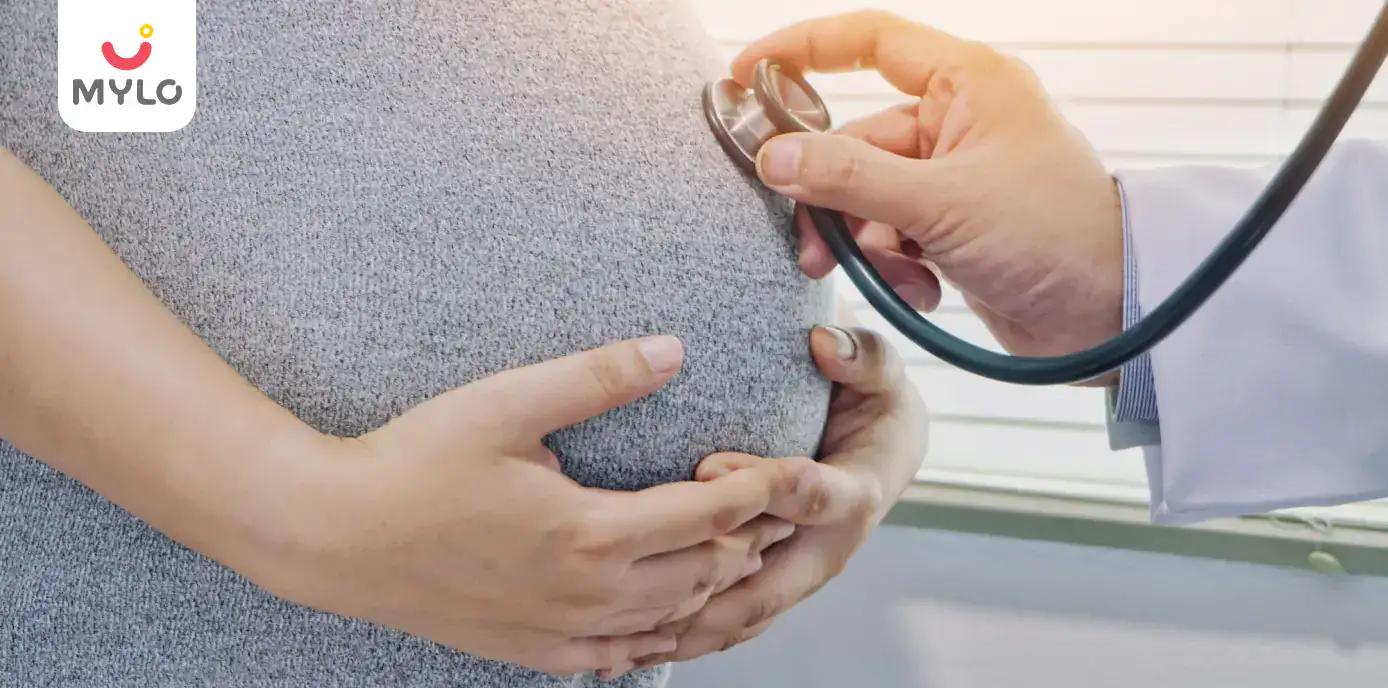
Third Trimester
Obstetric-Cholestasis: Causes, Symptoms & Treatment
Parenting Tips
Adjusting kids to a school can be challenging. Here are 7 tips to help your child adjust to school.
- Crying During Pregnancy Causes, Effects & Treatment
- Infant Choking: Prevention & Causes
- Indian Food Chart for Your 7-Month-Old Baby – Week 2
- 6-Month-Old Baby Food Chart/Meal Plan - Week 4
- Ways in Which You Can Avoid Gassiness During the Pregnancy Period.
- Extinguishing pregnancy heartburn in the most effective way!
- Heartburn during pregnancy is common... but the night-time heartburn is a pain. Here's how to control it
- Potatoes During Pregnancy: Benefits & Risks
- What is the common cause of food aversions during the pregnancy period and ways to manage it?
- Till what age do babies typically start talking?
- Are you Concerned about rectal bleeding in your pregnancy? Here're some relief tips for you!
- Diagnosis and Treatment of Vaginal infections during pregnancy to prevent any complications
- 8 Ways to Empower Women with Digitalisation this International Women's Day
- Navigating Hypothyroidism and Pregnancy: Tips for Expecting Moms


AWARDS AND RECOGNITION

Mylo wins Forbes D2C Disruptor award

Mylo wins The Economic Times Promising Brands 2022
AS SEEN IN

- Mylo Care: Effective and science-backed personal care and wellness solutions for a joyful you.
- Mylo Baby: Science-backed, gentle and effective personal care & hygiene range for your little one.
- Mylo Community: Trusted and empathetic community of 10mn+ parents and experts.
Product Categories
baby carrier | baby soap | baby wipes | stretch marks cream | baby cream | baby shampoo | baby massage oil | baby hair oil | stretch marks oil | baby body wash | baby powder | baby lotion | diaper rash cream | newborn diapers | teether | baby kajal | baby diapers | cloth diapers |




